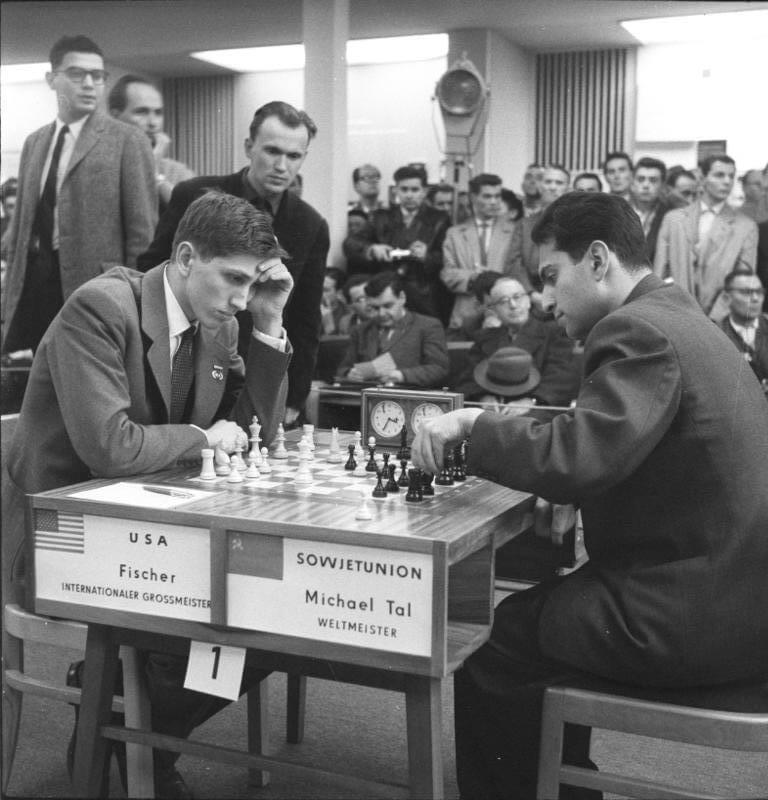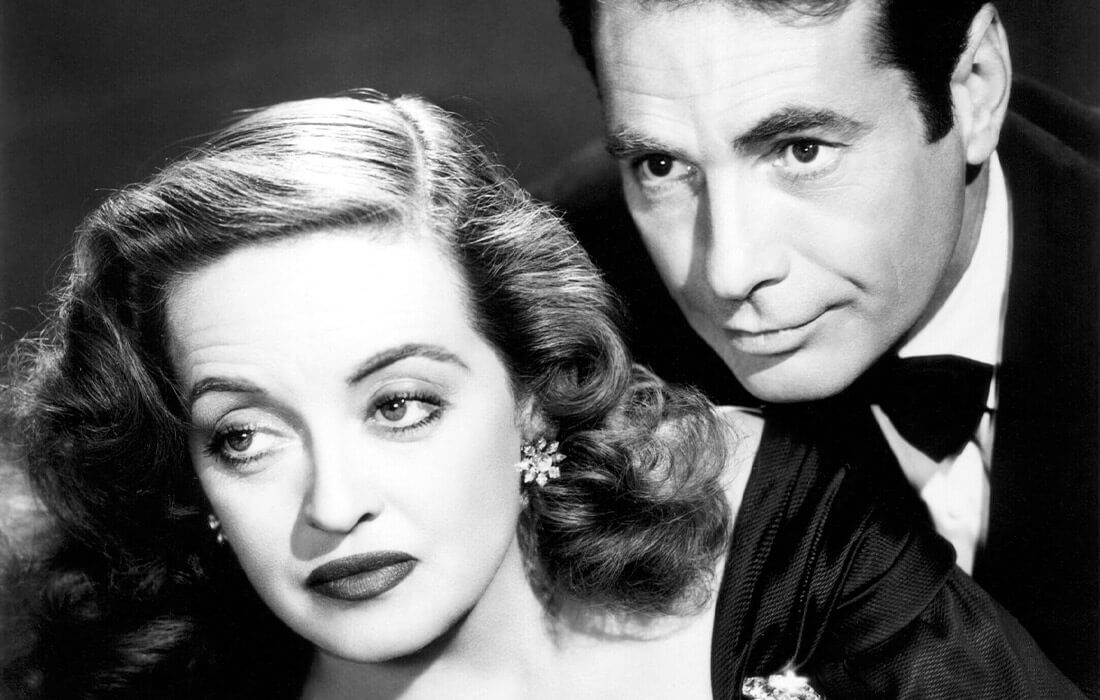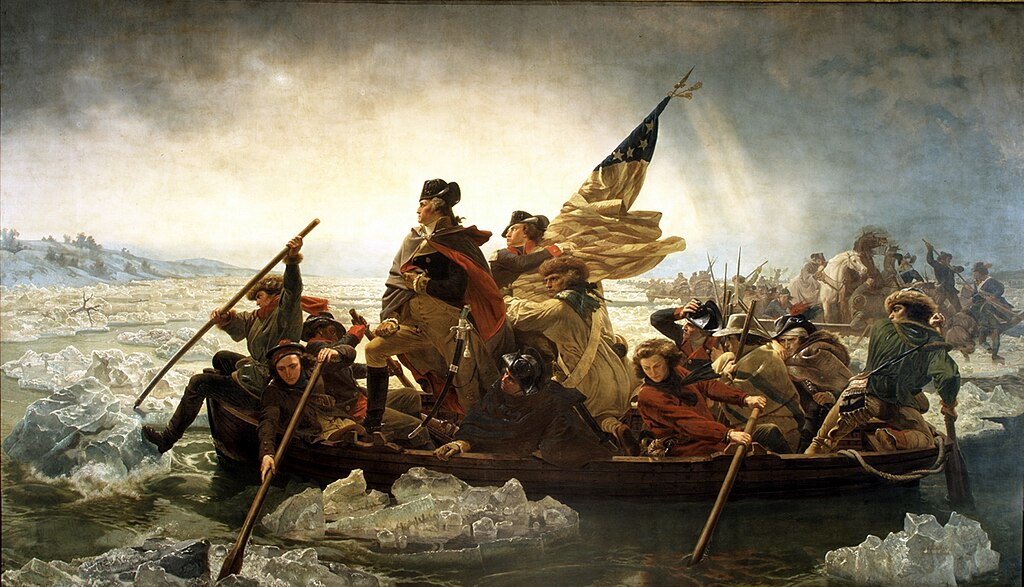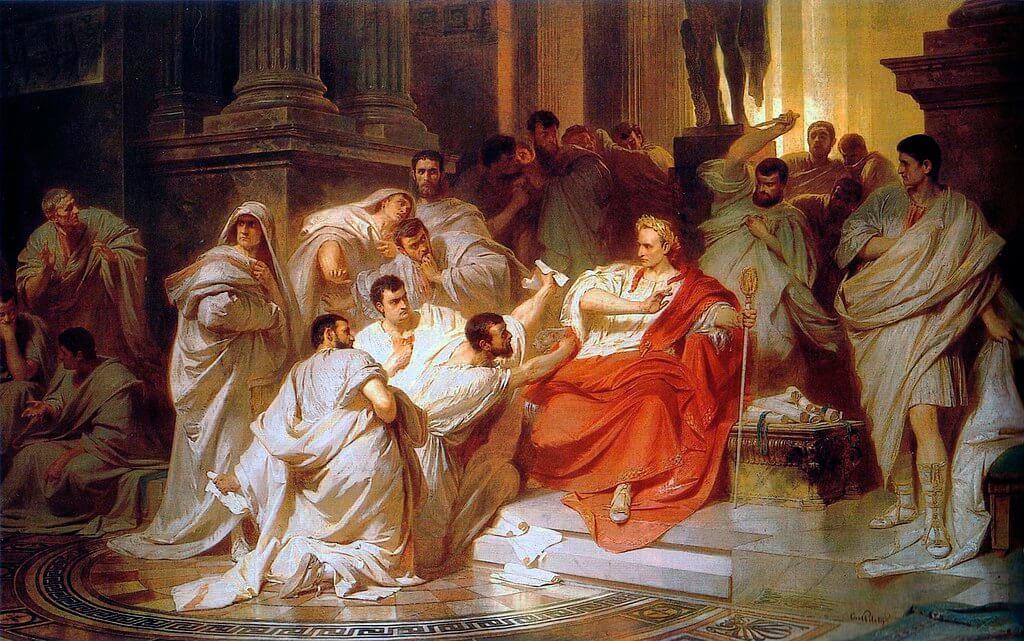
Bobby Fischer and Mikhail Tal: A Clash of Titans at the 14th Chess Olympiad, 1960 in Leipzig
The 14th Chess Olympiad, held in Leipzig, East Germany, from October 26 to November 9, 1960, witnessed one of the most memorable encounters in the history of chess. The game between two of the greatest chess prodigies, the American Bobby Fischer and the Soviet Mikhail Tal, would go down as a defining moment in the annals of chess competition.
Bobby Fischer, born in 1943, was a chess prodigy from the United States, known for his exceptional skills and unique playing style. By the time he participated in the Leipzig Olympiad, Fischer had already achieved significant milestones, including becoming the youngest grandmaster in history at the age of 15.
Mikhail Tal, born in 1936, was a Latvian-born Soviet grandmaster who was renowned for his aggressive and imaginative play. Nicknamed “The Magician from Riga,” Tal’s creative combinations and daring sacrifices captivated chess enthusiasts worldwide. In 1960, Tal held the title of World Chess Champion, having defeated Mikhail Botvinnik earlier that year.
The Leipzig Olympiad attracted 40 teams from around the world, with the Soviet Union and the United States considered the top contenders. The stage was set for a clash between the reigning World Champion and the young American prodigy.
The Fischer-Tal game took place on November 4, 1960, during the penultimate round of the Olympiad. Fischer, playing white, opened with 1.e4, to which Tal responded with the Sicilian Defense, a popular and aggressive choice. The game progressed with Fischer maintaining a slight advantage in the middle game. However, Tal’s creative play and resourcefulness led to a complicated position that tested both players’ tactical abilities.
The critical moment of the game occurred when Tal, in a seemingly precarious position, sacrificed a pawn to initiate a series of exchanges that ultimately led to a draw. This bold and unexpected decision showcased Tal’s brilliance and risk-taking prowess. Although Fischer had the upper hand for a significant portion of the game, he was unable to convert his advantage into a win against the World Champion.
The 1960 Chess Olympiad concluded with the Soviet Union claiming their sixth consecutive gold medal, while the United States secured the silver. The Fischer-Tal game not only demonstrated the exceptional skills of both players but also highlighted their contrasting styles: Fischer’s precise and methodical approach versus Tal’s imaginative and daring play.
Although Fischer and Tal would have other notable encounters in the years to come, their game at the 1960 Leipzig Olympiad remains a testament to the beauty and complexity of chess. The clash between these two titans of the chess world serves as an inspiration for chess players and enthusiasts, reminding them of the endless possibilities and challenges that the game offers.






